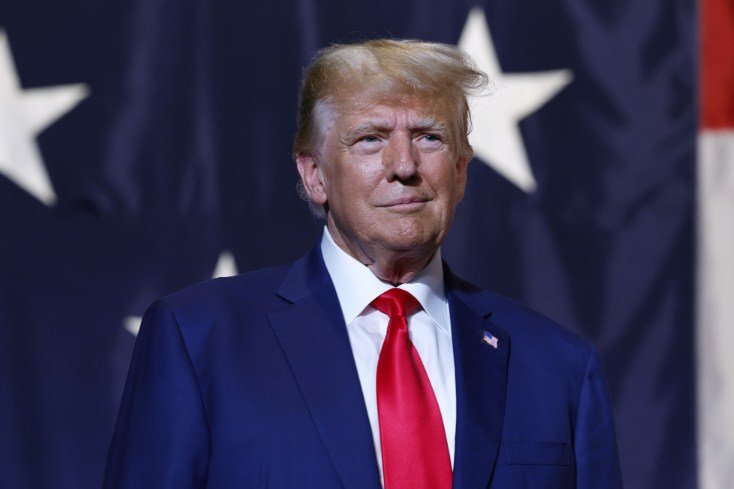Former President Donald Trump is in court this week for a civil fraud trial that could reveal how much he exaggerated his property values over the years. The New York attorney general, Letitia James, has accused Trump and his real estate business, the Trump Organization, of boosting the value of their assets by as much as $2.2 billion to secure loans and tax benefits.
Trump’s long history of overstating his wealth
Trump has been known for inflating his net worth and the value of his properties for decades. He has claimed to be a billionaire since the 1980s, even though Forbes magazine has estimated his current fortune to be around $2.5 billion, less than half of what he claims. He has also boasted about the size and luxury of his residences, such as his penthouse in Trump Tower, which he said was 30,000 square feet, nearly three times its actual size.
According to the Washington Post, Trump personally showed an appraiser around his Trump Tower apartment in 2010, but ushered him out before he could take any measurements. Trump’s company then declared that the unit measured 30,000 square feet, which increased its value by up to $207 million. In another instance, Trump exaggerated the value of apartments in Park Avenue by 700 percent in one year.
The evidence against Trump and his company
The trial, which began on October 4, is based on tens of thousands of financial documents that prosecutors say show Trump lied about the value of his assets. The judge, Arthur Engoron, has already ruled that these documents prove financial fraud. What’s left for prosecutors is to demonstrate that Trump and those working for his company knew these statements were false and used them to broker deals anyway.
The first witness to take the stand was Donald Bender, a partner at Mazars USA, Trump’s former accounting firm. Bender said that he would tell leadership at the Trump Organization that there were discrepancies on company financial statements “from time to time”, but it was essentially up to the company to provide its accountants with accurate information. A second accountant, Cameron Harris from Whitley Penn, also testified that he relied on the information provided by the Trump Organization.
Other witnesses expected to testify include Eric Trump, the former president’s son and executive vice president of the Trump Organization; Allen Weisselberg, the company’s chief financial officer who is facing criminal charges for tax evasion; and Michael Cohen, Trump’s former personal lawyer who has turned against him.
The potential consequences for Trump and his business
The civil fraud trial could have serious implications for Trump and his business empire. The New York attorney general is seeking a fine of at least $250 million, which could increase depending on the extent of the fraud. The judge has also cancelled the business licenses that allow Trump to run his business in the state, which could affect his ability to operate his properties and golf courses.
The trial could also damage Trump’s reputation and political ambitions, as it exposes how he manipulated his financial statements to suit his needs. The former president has treated his court appearance as a campaign stop, railing against the proceedings outside of the courtroom and calling James a “monster” and a “racist”. He has also doubled down on his claims that his properties are worth more than what James has alleged.
The trial is expected to last for several weeks and will be decided by the judge alone. It is one of several legal challenges that Trump is facing, including a criminal investigation by the Manhattan district attorney into his business practices and a lawsuit by two women who accuse him of sexual assault.

